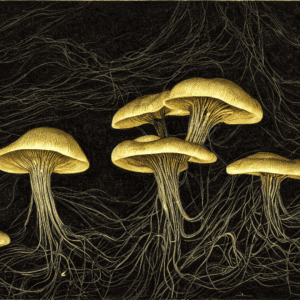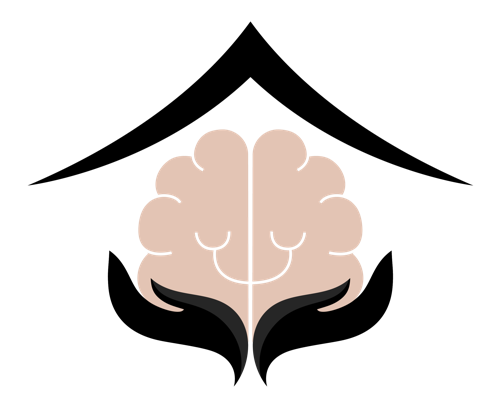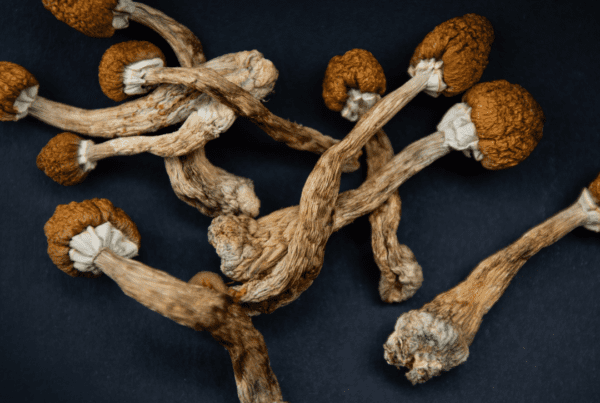Have you ever heard of LSD, magic mushrooms, ketamine, or MDMA? These are all types of psychedelics, which are substances that alter an individual’s perception, mood, and consciousness. For decades, society has considered psychedelics as dangerous drugs that can cause severe mental damage. However, recent studies suggest that these substances can be used to enhance mental health by reducing symptoms of addiction, depression, anxiety, and PTSD. Let’s explore how psychedelics work and how they are changing the mental health industry.
 To understand how psychedelics work, we need to look at how they interact with the brain. Psychedelics work by affecting the serotonin receptors in the brain. These receptors regulate mood, appetite, sleep, and other behaviors. When a person takes a psychedelic substance, it binds to the serotonin receptors, causing an increase in the level of this neurotransmitter. This increase in serotonin results in altered perceptions of reality, mood, and consciousness. Psychedelics also increase blood flow to the brain, leading to new neural connections and synapses.
To understand how psychedelics work, we need to look at how they interact with the brain. Psychedelics work by affecting the serotonin receptors in the brain. These receptors regulate mood, appetite, sleep, and other behaviors. When a person takes a psychedelic substance, it binds to the serotonin receptors, causing an increase in the level of this neurotransmitter. This increase in serotonin results in altered perceptions of reality, mood, and consciousness. Psychedelics also increase blood flow to the brain, leading to new neural connections and synapses.
Studies show that psychedelics have therapeutic properties that can help people with mental disorders. A recent study of psilocybin (the active compound in magic mushrooms) showed that it could reduce symptoms of depression and anxiety in cancer patients. Another study showed that LSD-assisted psychotherapy could reduce symptoms of alcoholism in participants. MDMA-assisted psychotherapy has also helped people with PTSD by reducing fear and anxiety and increasing empathy.
Psychedelic-assisted psychotherapy is a new approach to mental health treatment that combines the use of psychedelics with traditional talk therapy or counseling. This treatment approach has shown promising results, and researchers hope to make it legal and accessible to the public. The FDA has granted psilocybin “breakthrough therapy” status, which could fast-track its approval as a prescription medication for depression and anxiety.
 One crucial aspect of psychedelic-assisted psychotherapy is the importance of set and setting. Set refers to the mindset and intention of the person taking the substance while setting refers to the physical and social environment. Research suggests that a supportive environment, a trusted therapist, and clear intentions can improve the outcomes of psychedelic-assisted psychotherapy.
One crucial aspect of psychedelic-assisted psychotherapy is the importance of set and setting. Set refers to the mindset and intention of the person taking the substance while setting refers to the physical and social environment. Research suggests that a supportive environment, a trusted therapist, and clear intentions can improve the outcomes of psychedelic-assisted psychotherapy.
The use of psychedelics in mental health treatment is a promising new approach that shows great potential. Although research on this topic is still in its early stages, the results are encouraging, and many researchers believe that psychedelics could revolutionize the field of mental health. However, it is crucial to approach these substances cautiously and ensure they are used in safe and controlled environments. As we move forward, we must continue to explore the therapeutic benefits of psychedelics and work towards making this new treatment approach a reality for those who need it.



